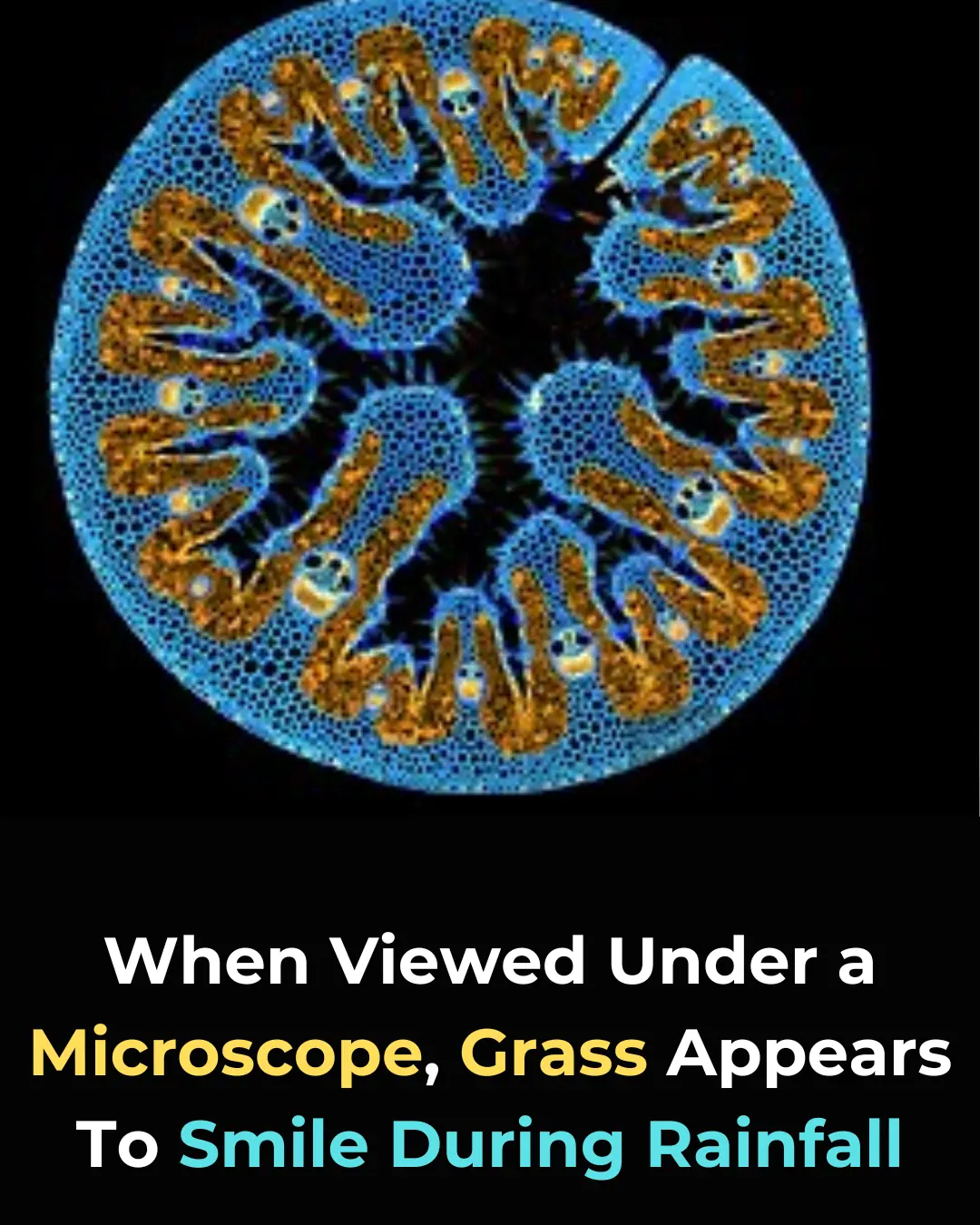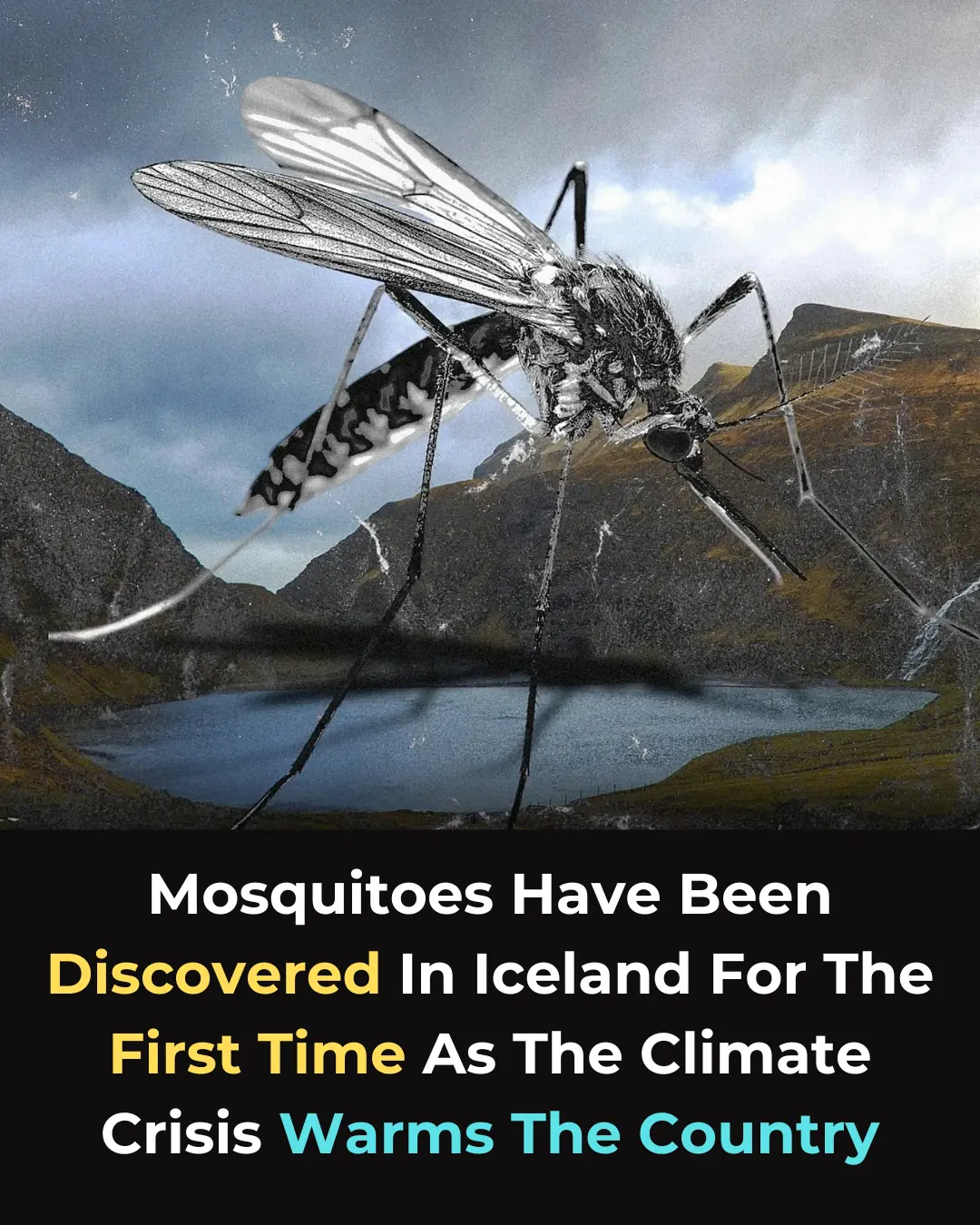
Hidden Fungi in Your Nose: A Surprising Cause of Allergies and Asthma
A surprising new study has uncovered that fungi living silently inside your nose could be the underlying cause of unexplained allergies and asthma symptoms. These microscopic organisms, which typically exist in the nasal passages without causing harm, may be irritating your immune system in subtle ways, triggering symptoms such as sneezing, congestion, wheezing, and breathing difficulties. What’s particularly alarming is that many individuals may not even realize that these fungi are at play, as they often go unnoticed until symptoms appear.
Researchers believe that these hidden fungi interact with the respiratory system in ways that enhance inflammation, making allergic reactions and asthma attacks more likely. While it is common for individuals to carry some fungi naturally, an overgrowth or imbalance can lead to significant health problems. In particular, when the immune system detects an overgrowth of fungal organisms, it can initiate an inflammatory response that worsens respiratory conditions. For people with asthma or allergies, these fungi can exacerbate symptoms, potentially contributing to chronic issues such as ongoing congestion, shortness of breath, and even asthma exacerbations.
The discovery that fungi may be contributing to these symptoms highlights how factors we often overlook, such as microscopic microbes within our own bodies, can influence our health in profound ways. Although fungi are generally harmless in small quantities, an imbalance or overgrowth can cause them to become pathogenic, leading to increased inflammation and immune system responses. This finding opens the door for more research into the role of nasal fungi and their impact on allergic diseases. As scientists continue to study this connection, understanding how these fungi affect the immune system could lead to new and more effective treatments for allergy and asthma sufferers worldwide.
One of the key takeaways from this study is the importance of maintaining a balance of microbes in our bodies. The nose, like other parts of the body, is home to a variety of microorganisms, including fungi, bacteria, and viruses. In a healthy state, these organisms coexist without causing harm. However, disruptions in this balance can lead to health issues. Fungal overgrowth in the nasal passages is often linked to an imbalance in the body’s microbiome, which can result in chronic respiratory symptoms. Experts suggest that an understanding of the fungal ecosystems in the nose could be crucial in developing targeted therapies that could prevent or alleviate asthma and allergy symptoms.
Fortunately, there are several simple steps that people can take to help manage the potential impact of these hidden fungi. For instance, maintaining good nasal hygiene is crucial. Regularly cleaning the nasal passages with saline solutions can help prevent fungal buildup and clear out allergens and irritants. Additionally, controlling the humidity levels in the home can make a significant difference. Fungi thrive in warm, humid environments, so using dehumidifiers or air purifiers can help reduce the risk of fungal overgrowth.
If you experience persistent symptoms such as sneezing, nasal congestion, or breathing difficulties, consulting a doctor is important. Healthcare providers can perform tests to check for fungal infections or other underlying causes of respiratory issues. By addressing these factors early, individuals can better manage their respiratory health and reduce the severity of asthma and allergy attacks. Early intervention can also prevent long-term complications associated with fungal overgrowth in the nasal passages.
The growing awareness of the role that nasal fungi may play in respiratory conditions is an important step toward better understanding asthma and allergies. As more research is conducted, it is likely that new treatments or preventive measures will emerge, providing relief to millions of people who struggle with these conditions. By focusing on often-overlooked factors like the fungi in our noses, researchers may uncover new ways to reduce inflammation, improve immune function, and protect respiratory health.
In conclusion, this discovery underscores the complexity of the human microbiome and how the delicate balance of microorganisms in our bodies can influence our health. For people suffering from unexplained allergies or asthma, understanding the role of nasal fungi could offer new hope for more effective treatments. With continued research and awareness, we may be able to address the root causes of these conditions more successfully, ultimately helping people breathe easier and live healthier lives.
News in the same category


Transforming Oil into Green Prosperity: The Success of Norway’s Sovereign Wealth Fund

Maximize Broccoli's Cancer-Fighting Power: The Simple Trick That Boosts Sulforaphane Formation

From Dialysis to Remission: How New Drugs Are Changing the Fight Against Chronic Kidney Disease

The Hidden Beauty of Grass: Discovering Smiling Faces Under the Microscope

The Quiet of Blue Whales: How Climate Change is Affecting Whale Behavior and Ecosystems

The Arrival of Mosquitoes in Iceland: A Sign of Shifting Ecosystems and Public Health Risks

PP405: A Promising New Drug That Could Revolutionize Hair Loss Treatment by Reactivating Dormant Hair Follicles

Astronomers Capture Groundbreaking Image of New Solar System Formation

Denmark's 'Rolling Grocer' Initiative Brings Fresh Food and Community Connection to Rural Seniors

Mosquitoes Discovered in Iceland for the First Time: A Warning of Climate Change Effects

Denis Vashurin: The Man Who Appears as a Teenager Despite Being in His 40s

M.K. Prakasan: The Teacher Who Swims 12 km Daily to Educate Students in Kerala

Belgian Prodigy Laurent Simons Earns PhD in Quantum Physics at Just 15 Years Old

Revolutionary Cancer Treatment: Activating Immune Structures Within Tumors to Shrink Cancer and Prevent Relapse

Linking Digestive Health, Vitamin D, and Neurodegenerative Diseases: A Pathway to Cognitive Health

The 400-Year-Old Greenland Shark: A Living Witness to Centuries

The Hidden Dangers of Long-Term Energy Drink Consumption

Frozen Time Capsule: Scientists Reveal Ancient Antarctic Landscape
News Post

Few Know This Trick To Stop Uric Acid Crystals From Destroying Joints

WHAT IS THROMBOSIS? SYMPTOMS AND HOW TO PREVENT IT

Natural Eyelash Growth Remedies – Oils, Serums & Home Treatments

From Space to Earth: The Science Behind Felix Baumgartner’s Record-Breaking Jump

Transforming Oil into Green Prosperity: The Success of Norway’s Sovereign Wealth Fund

Maximize Broccoli's Cancer-Fighting Power: The Simple Trick That Boosts Sulforaphane Formation

From Dialysis to Remission: How New Drugs Are Changing the Fight Against Chronic Kidney Disease

The Hidden Beauty of Grass: Discovering Smiling Faces Under the Microscope

The Quiet of Blue Whales: How Climate Change is Affecting Whale Behavior and Ecosystems

The Arrival of Mosquitoes in Iceland: A Sign of Shifting Ecosystems and Public Health Risks

PP405: A Promising New Drug That Could Revolutionize Hair Loss Treatment by Reactivating Dormant Hair Follicles

Astronomers Capture Groundbreaking Image of New Solar System Formation

Denmark's 'Rolling Grocer' Initiative Brings Fresh Food and Community Connection to Rural Seniors

Mosquitoes Discovered in Iceland for the First Time: A Warning of Climate Change Effects

Denis Vashurin: The Man Who Appears as a Teenager Despite Being in His 40s

M.K. Prakasan: The Teacher Who Swims 12 km Daily to Educate Students in Kerala

Belgian Prodigy Laurent Simons Earns PhD in Quantum Physics at Just 15 Years Old

Revolutionary Cancer Treatment: Activating Immune Structures Within Tumors to Shrink Cancer and Prevent Relapse
